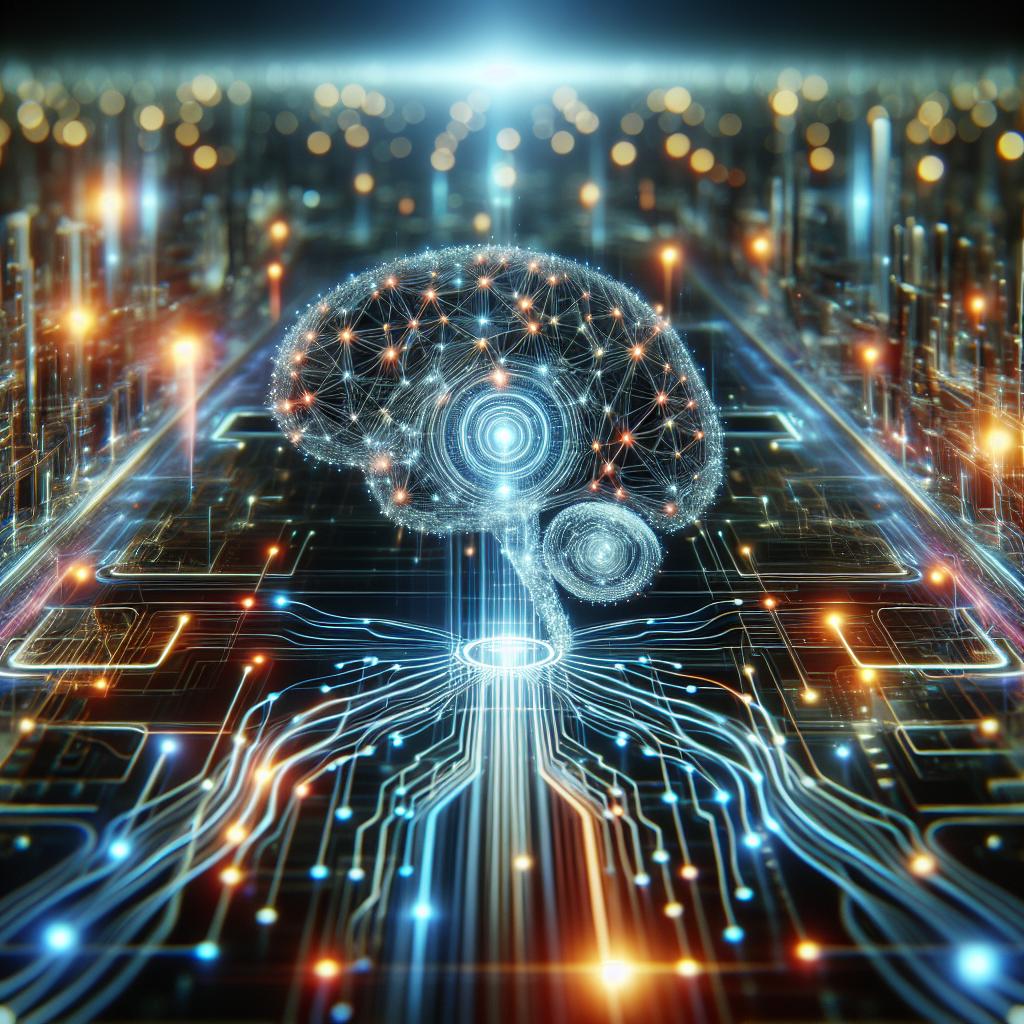Artificial Intelligence (AI) is no longer a concept confined to the realms of science fiction. It has evolved into a critical component of our modern technological landscape, influencing various sectors from healthcare to finance, and even entertainment. With advancements unfolding at an astonishing pace, understanding AI becomes increasingly crucial for both individuals and organizations. In this article, we’ll explore the core aspects of artificial intelligence, its types, applications, and its future potential.
What is Artificial Intelligence?
Artificial Intelligence refers to the simulation of human intelligence in machines programmed to think like humans and mimic their actions. It encompasses a variety of technologies that allow machines to perform tasks that typically require human cognition.
This broad definition includes various subfields such as machine learning, natural language processing (NLP), robotics, and computer vision. Each of these domains contributes to the overarching goal of enabling machines to interpret and respond to sensory data, learn from their experiences, and adapt to new inputs—essentially mimicking our ability to learn and evolve.
Types of Artificial Intelligence
To understand AI more deeply, it’s helpful to categorize it into specific types:
| Type | Description |
|---|---|
| Narrow AI | AI systems that are designed to perform a narrow task (e.g., facial recognition, internet searches). |
| General AI | Hypothetical AI that possesses the ability to understand, learn, and apply intelligence to solve any problem, similar to a human. |
| Superintelligent AI | An advanced form of AI that surpasses human intelligence in virtually every aspect, including creativity, general wisdom, and problem-solving. |
Narrow AI currently dominates the landscape, with systems designed for specific tasks becoming increasingly sophisticated. However, General AI remains a theoretical concept, while Superintelligent AI raises ethical and philosophical concerns about its potential implications.
Applications of Artificial Intelligence
The applications of AI are vast and varied, permeating numerous industries and transforming how we live and work. Below are some notable areas where AI is making significant contributions:
– Healthcare: AI offers advancements in diagnostics and treatment recommendations. Machine learning algorithms analyze medical data to predict patient outcomes, leading to early interventions.
– Finance: AI is revolutionizing the financial sector with algorithmic trading, fraud detection, and credit scoring by analyzing vast datasets efficiently.
– Entertainment: Streaming services utilize AI to recommend content based on user preferences, enhancing the viewer experience and keeping audiences engaged.
– Transportation: Self-driving vehicles utilize AI to interpret data from sensors and make driving decisions, paving the way for safer roads.
Each application presents its own set of challenges and opportunities. For instance, as AI learns from vast amounts of data, it raises concerns about privacy and security.
The Future of Artificial Intelligence
The future of AI is characterized by its potential to revolutionize industries while also presenting ethical dilemmas. As technology advances, discussions around AI governance are becoming increasingly vital. Questions surrounding accountability, bias in AI algorithms, and job displacement due to automation require urgent attention from policymakers and industry leaders.
Furthermore, the evolving relationship between humans and machines invites an exploration of collaboration rather than competition. The right balance between human oversight and AI capabilities could lead to a future where machines enhance human decision-making rather than replace it.
My Opinion
Artificial Intelligence is a fascinating and complex field—a blend of technology, ethics, and societal impact. As we navigate this uncharted territory, it is essential to stay informed about its developments, applications, and implications. By fostering a deeper understanding of AI, we can ensure that this powerful tool is used responsibly and for the greater good.

